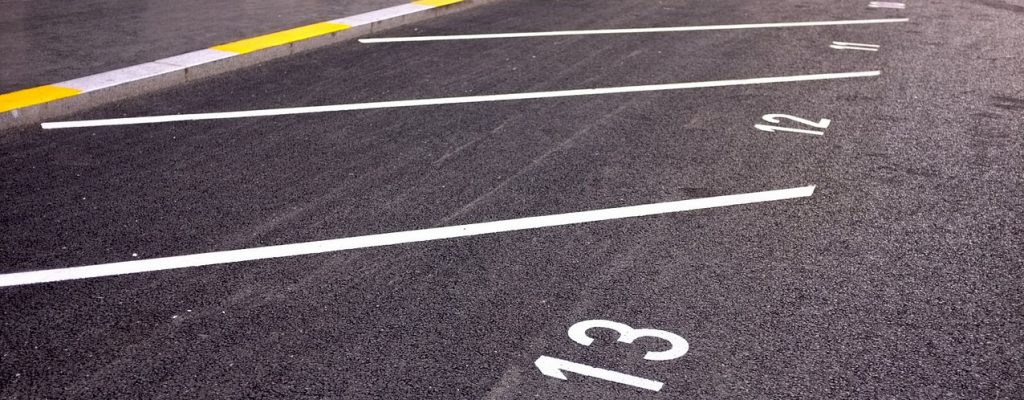The Queensland Office of Liquor & Gaming Regulation (OLGR) recently released two training videos to help bar staff develop skills in assessing intoxication and refusing service when required to do so by law.
The videos are on YouTube and offer some useful tips, whether for new staff or experienced workers. Licensees may also like to use the videos in staff training sessions or during team meetings.
